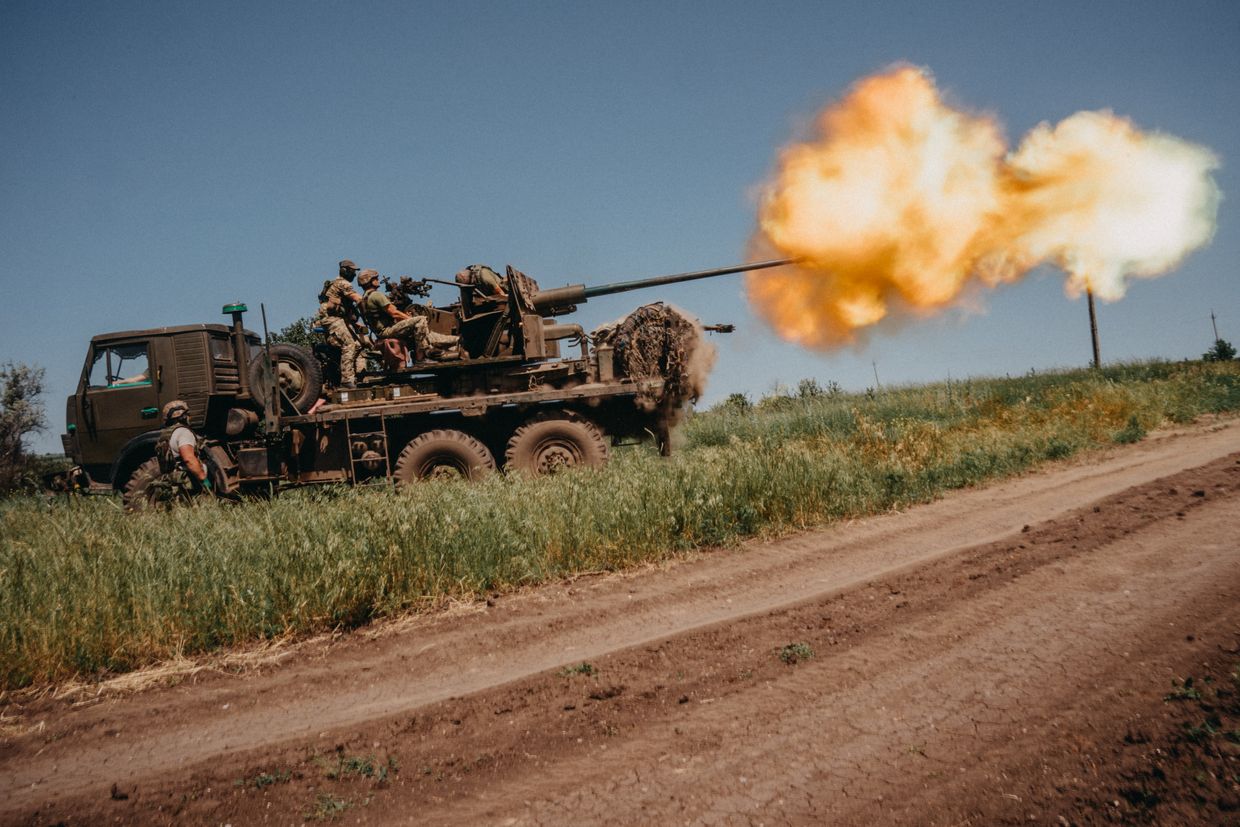Politico: Ukrainian officers complain of pattern of receiving Western weapons systems 'when they're no longer relevant'

Unnamed Ukrainian military officials said there is an unfortunate pattern of the West finally sending weapons when they are "no longer relevant" for the current battlefield dynamics, Politico reported on April 3, citing sources.
While Ukraine's Western allies have provided tens of billions of military aid and equipment, some of the more advanced systems pledged, such as the F-16 fighter jet, have been slow-walked and have yet to reach the battlefield. At the same time, Russia has been steadily adapting its defensive capabilities to counter new Western weapons as they arrive.
An international coalition to train Ukrainian pilots on F-16s was launched in the summer of 2023. Belgium, the Netherlands, Denmark, and Norway have also pledged to supply Ukraine with dozens of U.S.-made fourth-generation jets.
Yet, the unnamed Ukrainian military officials told Politico that the "F-16s were needed in 2023; they won't be right for 2024."
The official explained that Russia has been testing its air defense posture and has likely deployed its radar and anti-air missiles in a manner that would render much of the F-16s' offensive capabilities ineffective.
After a series of damaging strikes on Russian positions using the long-range Storm Shadow and SCALP missiles, Russia changed its tactics and positions, an official said.
"Weapons systems become redundant very quickly because they're quickly countered by the Russians," he said, adding, "The Russians are always studying. They don't give us a second chance. And they're successful in this."
The officials said that Ukraine also needs more traditional weapons and munitions, such as the more than a million artillery shells currently being sourced by the Czech-led initiative.
Elsewhere, the officials said domestic Ukrainian politics have contributed to the unfavorable battlefield situation.
While President Volodymyr Zelensky signed a bill on April 2 reducing the minimum age for the military draft to 25, Commander-in-Chief Oleksandr Syrskyi said in March that the number of people who need to be mobilized has been "significantly reduced" from the initially proposed 500,000.
The officials said these decisions were largely guided by politics and did not reflect the true scope of the manpower deficit.
All of these issues are present against the backdrop of a nearly six-month delay in military assistance from the U.S.
Zelensky said in late March that Ukraine could soon be forced to retreat without an infusion of aid, which the officials agreed with.
Ukraine's ability to hold off the ongoing offensive has been mostly thanks to Russian mistakes on the battlefield, but the officials said that Russia will likely be able to "penetrate the front line and to crash it in some parts."













